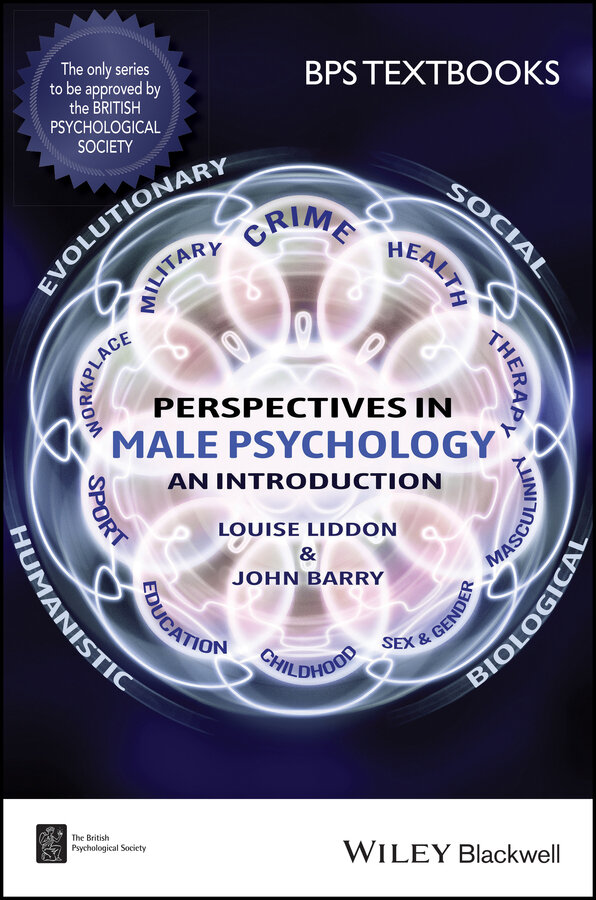Bias in how we celebrate gender-typical behaviour
This is the tenth blog in the series The 12 blogs of Christmas based on the Psychreg Journal of Psychology (PJP) special issue on male psychology
In 1966 The Beatles began recording their classic album Sergeant Pepper’s Lonely Hearts Club Band at the iconic Abbey Road Studios (formerly EMI Studios). The 1960s was an experimental era of ‘anything goes’ and psychedelic drugs like LSD. In keeping with the times, a lot of expensive studio time was spent trying to make guitars sound like pianos and pianos sound like guitars. Although this would have been a fun experiment for musicians, arguably there was no tangible benefit for all the time, effort and expensive studio time spent.
Role forward a few decades and it seems that these days we have adopted this psychedelic thinking and applied it how we view gender: we tend to celebrate archetypal masculine behaviour in women, but discourage it in men.
One example is the workplace. There is a great deal of evidence that given completely free choice, men and women in general will tend to gravitate to different occupations. For example, men tend to gravitate to jobs that involve things (e.g. mechanics, science) and women gravitate to jobs that involve people (e.g. teaching, psychology). Although of course there are many exceptions to this general people-things phenomenon, but the phenomenon undeniably exists.
Despite this, in our culture we have a tendency to encourage women to do jobs traditionally done by men, and men to focus less on male-traditional jobs and indeed “pass the mic”, as MP Jess Philips put it. Although this is not a hard and fast rule, it can be seen in the many gender equality programmes that exist (e.g. Athena SWAN), considerable funding and effort is put into encouraging women into male-traditional jobs and into levels of management traditionally not achieved by women, largely due to the considerable commitments associated with motherhood. But trying to socially engineer men to be more like women and women to be more like men doesn't achieve very much, and arguably much is wasted in denying the reality of valuable differences
We already know of cognitive biases in the way people view and research gender (e.g. alpha bias, beta bias, and gamma bias), so when Martin Seager – himself a drummer as well as consultant clinical psychologist – heard The Beatles’ drummer Ringo Starr’s comments about making pianos sound like guitars, Martin saw the connection, and the concept of ‘delta bias’ was born.
Of course it makes sense for men and women to choose what to do with their lives, but it makes less sense to consciously encourage them to make career choices that might not suit them.
You can read more about delta bias in the full paper by clicking the button below.
Watch out for tomorrow’s blog on the impact of gender politics on therapy.
In case your holiday season is less than happy, here are some places you can contact for support:
Samaritans lines are open 24/7 (365 days) Tel 116 123 (UK & Ireland)
CALM helpline is open 365 days 5pm - midnight. Tel 0800 58 58 58. Or try the CALM webchat https://www.thecalmzone.net/help/get-help/
If you are a father experiencing a stressful time post-separation, you can call the Families Need Fathers helpline 0300 0330 363 (9am - 10pm Monday to Friday, 10am - 3pm at weekends).
If you are a man experiencing domestic abuse, you can call the Mankind Initiative helpline weekdays 10am to 4pm on 01823 334244Dr
John A. Barry is a Chartered Psychologist and Professional Researcher. He is a leading expert in the areas of male psychology including men’s mental health and the psychological aspects of polycystic ovary syndrome (PCOS). His new book, Perspectives in Male Psychology: An Introduction (ISBN: 978-1-119-68535-7), co-authored with Louise Liddon, is published in the new year and is available to pre-order now.

















